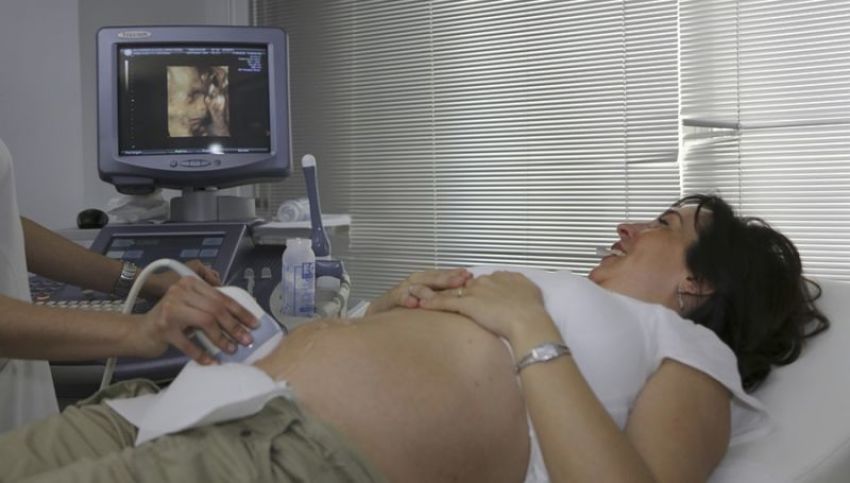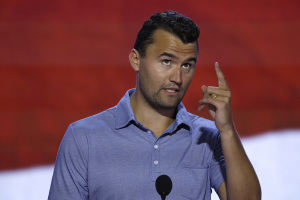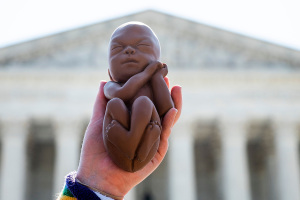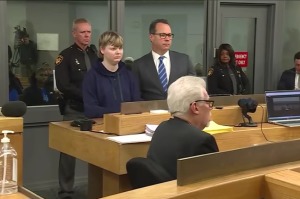Virginia law requiring ultrasound before abortion upheld by federal judge

A Virginia law requiring women to undergo an ultrasound before having an abortion and for there to be a waiting period has been upheld by a federal judge.
An additional measure holding that only physician can perform the procedure was also upheld.
Two other disputed laws — one of which mandated all second-trimester abortions to be carried out in a licensed outpatient hospital and the other requiring abortion clinics that perform first-trimester abortions to meet the same criteria as general and surgical hospitals — were struck down, multiple reports say.
U.S. District Judge Henry Hudson issued the ruling Monday as a result of a lawsuit challenging the four Virginia laws that restrict and impede abortion through various means in the state.
Hudson's decision comes amid a trend of pro-life statutes, such as laws forbidding the practice once a fetal heartbeat is detected, being passed and signed in conservative states throughout the south and Midwest like Alabama, Mississippi, Georgia, Ohio and Kentucky.
The lawsuit in Virginia was one several have been filed around the nation challenging what abortion-rights organizations call TRAP laws — Targeted Restrictions on Abortion Providers.
The judge referenced several U.S. Supreme Court rulings that have upheld the rights of states to determine who can and cannot perform certain medical procedures. The evidence presented during court proceedings did not cause an "undue burden" on women seeking abortions.
“Therefore, the Court cannot conclude that the Physician-Only law, as it applies to first trimester abortion procedures, is unconstitutional,” Hudson wrote.
“Whether it is wise public policy is an issue for the Virginia General Assembly to address.”
Emily Munro Scott, an attorney representing the state, said in response to the ruling that "[i]nconvenience is not an unconstitutional burden.”
Abortion rights advocates expressed disappointment with the ruling, saying that the upheld restrictions constituted "legislative interference" to health care access.
"In upholding the state’s 'informed consent law,' Hudson said the main challenge from reproductive rights groups was the law’s requirement that a woman receive an ultrasound at least 24 hours before getting an abortion. The groups referred to the requirement as the 'two-trip mandatory delay law' because it requires women to make two trips to a clinic, one for the ultrasound and a second for the abortion procedure," according to the AP.
Virginia became an epicenter of abortion controversy earlier this year when the state's governor, Ralph Northam, a Democrat, said in a radio interview that if a baby was born alive during an abortion procedure, "the infant would be delivered. The infant would be kept comfortable. The infant would be resuscitated if that’s what the mother and the family desired, and then a discussion would ensue between the physicians and the mother.”
Northam was roundly criticized, including in President Donald Trump's State of the Union address, for what many interpreted to be endorsement of a form of infanticide.
His comments were made in response to a bill that was introduced by a member of the House of delegates that would have permitted abortions up until the moment of birth. Video footage of her defending her proposal went viral online.



























